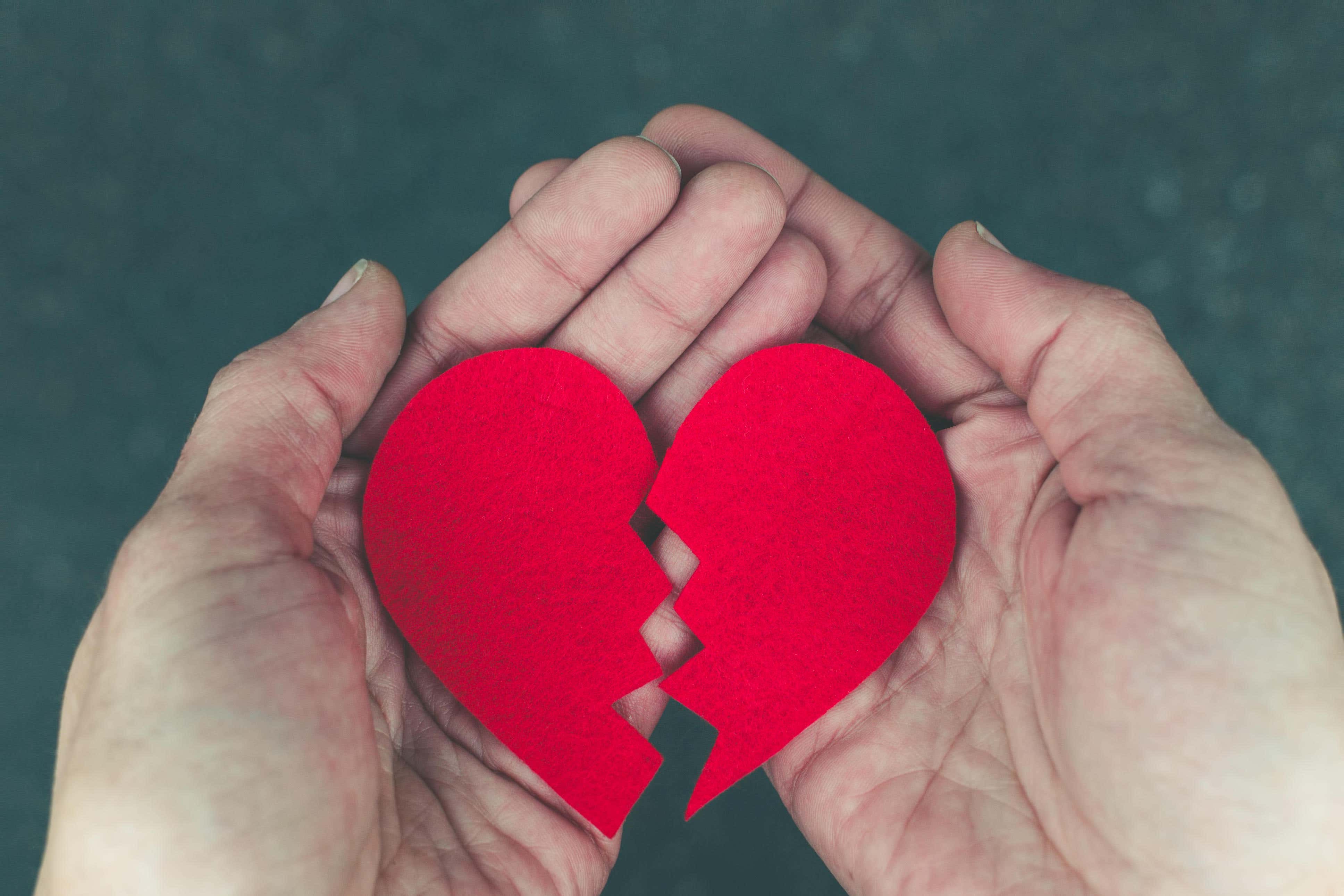Broken-heart syndrome patients failed by current treatment, study suggests
Researchers said more research is needed on takotsubo cardiomyopathy, which can be triggered by extreme emotional distress.

Your support helps us to tell the story
From reproductive rights to climate change to Big Tech, The Independent is on the ground when the story is developing. Whether it's investigating the financials of Elon Musk's pro-Trump PAC or producing our latest documentary, 'The A Word', which shines a light on the American women fighting for reproductive rights, we know how important it is to parse out the facts from the messaging.
At such a critical moment in US history, we need reporters on the ground. Your donation allows us to keep sending journalists to speak to both sides of the story.
The Independent is trusted by Americans across the entire political spectrum. And unlike many other quality news outlets, we choose not to lock Americans out of our reporting and analysis with paywalls. We believe quality journalism should be available to everyone, paid for by those who can afford it.
Your support makes all the difference.Patients with so-called broken heart syndrome are more likely to die than the general population, according to research.
The study looked at patients with takotsubo cardiomyopathy, which can be triggered by extreme emotional distress, and compared them with heart attack patients and the general population over several years.
It found takotsubo patients were prescribed the same medication as heart attack patients but these did not improve the survival rate of the former and were of uncertain benefit.
Researchers found patients with takotsubo had a worse survival rate than the general population and were just as vulnerable to dying as patients who had had a “true” heart attack.
The team, led by Professor Dana Dawson from the University of Aberdeen Cardiology and Cardiovascular Research Unit, analysed data from 3,720 people, including 620 who had takotsubo syndrome between 2010 and 2017.
Of the 3,720 study participants, 153 with takotsubo died over the median of 5.5 years follow-up, exceeding mortality rates in the general population.
Prof Dawson said the data shows “quite starkly” that takotsubo syndrome, which is more common in women, is not being treated correctly and more research is needed.
She said: “Takotsubo cardiomyopathy can be triggered by extreme emotional distress, leading to its nickname of broken-heart syndrome.
“It happens as a reaction to upsetting events such as the death of a family member, the ending of a relationship, or illness, when distress signals travel from the brain to the heart. But understanding is growing and there is evidence that it can be caused by other factors, including physical trauma or no incident at all.
“Takotsubo cardiomyopathy happens when one of the heart’s chambers, the left ventricle, suddenly balloons and weakens. The heart then can’t pump blood around the body as before and the extra stress leads to heart failure. It can develop at any age, and typically affects more women than men.
“Symptoms can appear like a heart attack including shortness of breath and chest pain.
“But takotsubo cardiomyopathy is a different condition entirely and, unlike a heart attack, patients don’t suffer from a blockage of the arteries that supply the heart with blood.”
Takotsubo syndrome is usually temporary and many people make a full recovery.
The study used data from Public Health Scotland, which provides accurate statistics on patient treatment and follow-up, including medication prescribed across their lifetime.
This study has identified one drug as a potential breakthrough with promising therapeutic benefit, however further research is needed to establish if this is the key to treating this devastating illness
Prof Dawson said researchers were “surprised” to see takotsubo patients were medicated in the same way as patients with “classical heart attacks”.
She said: “Our data shows quite starkly that we are not treating this condition correctly.
“These patients have increased mortality compared to the general population, an increased vulnerability to developing heart conditions, and as much chance of dying from this as people who have suffered heart attacks.
“It is vital that we identify precise ways to treat this unique group of people, and that is what we plan to do as we continue our research.
“This study has identified one drug as a potential breakthrough with promising therapeutic benefit, however further research is needed to establish if this is the key to treating this devastating illness.”
The study, published in JACC: Advances, was funded by the British Heart Foundation (BHF).
Dr Sonya Babu-Narayan, BHF associate medical director, said: “These data from Scotland show that the diagnosis of takotsubo, a condition more common for women, is linked to a higher chance of death in the long term.
“Patients surviving takotsubo syndrome were treated much the same way as those surviving a heart attack – but unlike for heart attack survivors, being prescribed usual heart medications was of uncertain benefit.
“More research into takotsubo could better reveal its causes and which treatments could save and improve lives.”